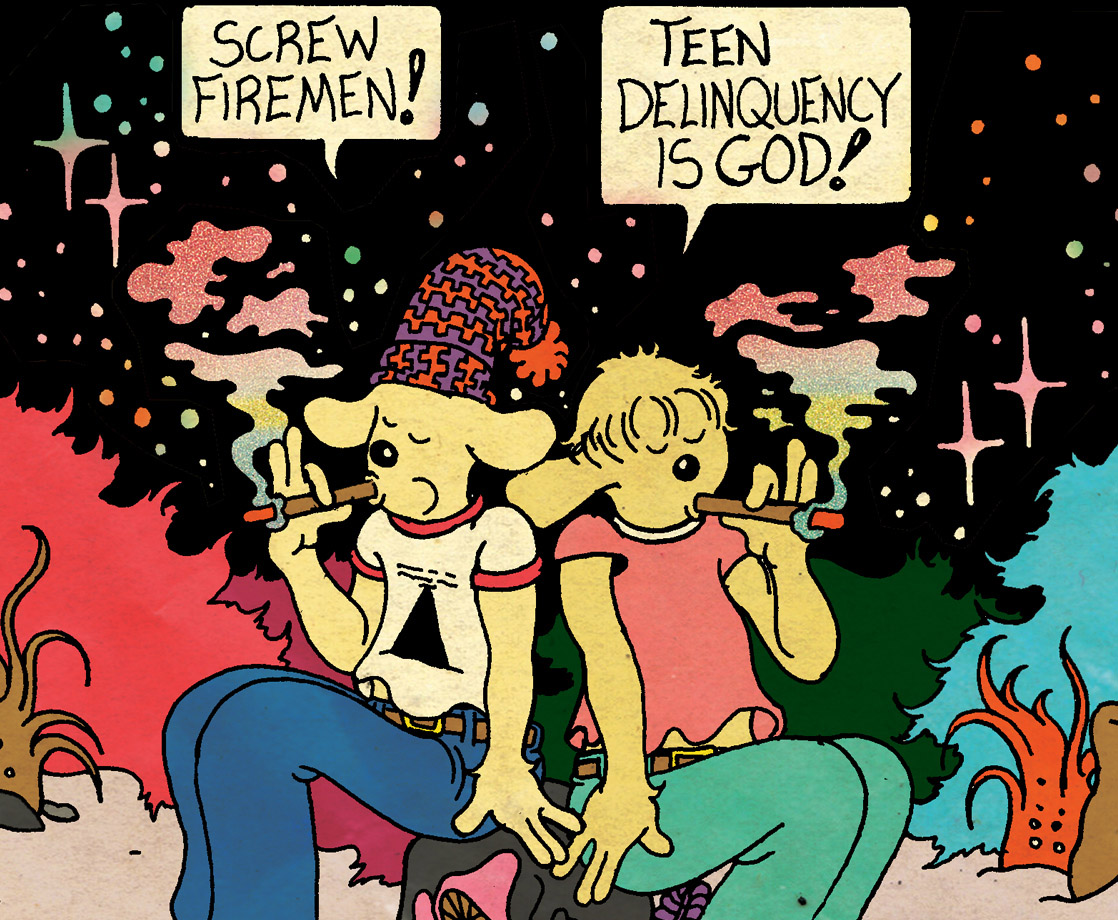Not only will Colorado voters likely get a chance to vote on legalizing psychedelics this year, they may even be able to decide between multiple options. In the past two months, two groups have filed separate ballot initiatives that would both legalize psychedelics possession and personal use. But despite sharing a common goal, the two groups disagree on how the state should ultimately regulate these medicines.
At the tail end of 2021, New Approach PAC, the advocacy group that sponsored Oregon’s successful campaign to legalize psilocybin therapy, filed two separate initiatives for Colorado’s 2022 election ballot. The first of these options seeks to completely legalize the possession of psilocybin, ibogaine, synthetically-derived mescaline, and DMT for adults over 21. The measure would create state-licensed “healing centers” for psychedelics-assisted therapy and also clear the criminal records of anyone arrested for psychedelics possession.
The second proposal, designed to appeal to more conservative voters, would only legalize psilocybin and psilocin (the psychoactive compound found in shrooms). This proposal would still create healing centers, but they would only be allowed to administer psilocybin. The expungement provisions of the broader measure have also been stripped from this lighter version. Most likely, the group will only submit one of these two options, after determining which has the best chance of success.
Local activists are concerned that New Approach’s campaign, which is partially funded by Dr. Bronner’s natural soap company and other businesses located outside of Colorado, is ignoring community input, though. These concerns convinced Decriminalize Nature Boulder County, part of the state advocacy group that helped push Denver to decriminalize shrooms in 2019, to launch their own competing ballot initiative.
Last week, Decriminalize Nature filed a simple, one-page ballot measure that would make it legal for adults to possess and cultivate psilocybin, ibogaine, mescaline, and DMT and share these entheogens with other adults. The measure would also legalize psychedelics services for therapy, harm reduction, guidance, or spiritual use.
But unlike the competing proposals, this new option does not include a complex regulatory system that would allow the state to closely control access to psychedelic medicine. And while New Approach’s alternative would require Colorado to allocate tax money to fund a regulatory system for legal psychedelics, this simpler decriminalization option would not need any additional state funding.
“Without decriminalization and the security it allows for affected communities to more effectively organize, regulatory models will make it difficult for the most disadvantaged groups of our population to continue to access the natural medicines they safely use to heal,” said Nicole Foerster of Decriminalize Nature in a press release. “To address this we are advocating for a simple change to existing laws around these controlled substances.”
Before any of these options can advance, state officials must approve them and assign them official ballot titles. Once this process is complete, activists will still need to collect 124,632 valid signatures from Colorado voters in order to successfully place their option on this year’s election ballot.
Similar psychedelics advocacy campaigns are playing out all across the US. California activists have proposed a 2022 ballot measure that would completely legalize the sale and use of psilocybin for any adult. Meanwhile, California lawmakers are advancing a bill that would fully legalize the possession and use of most psychedelics, and legislators in Maine, Massachusetts, Kansas, New Hampshire, New York, and other states have also proposed bills to decriminalize or legalize shrooms and other psychedelics.











